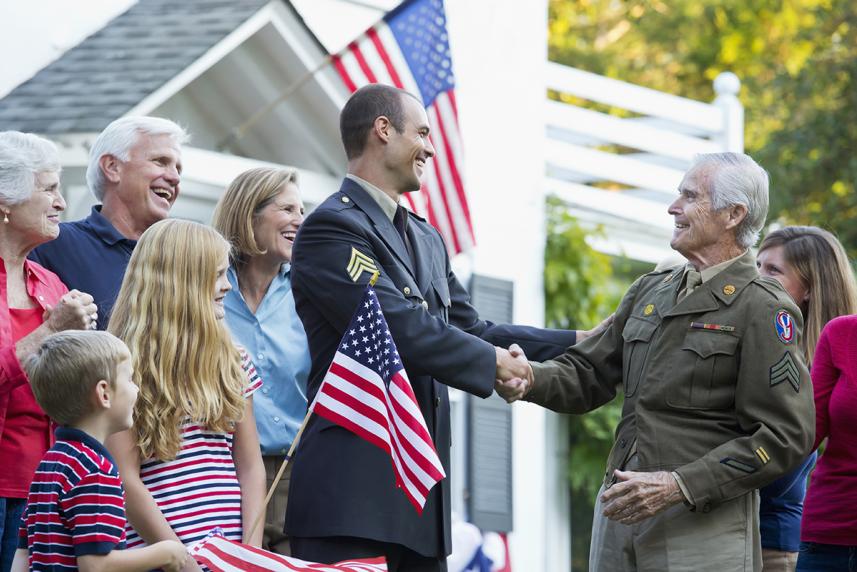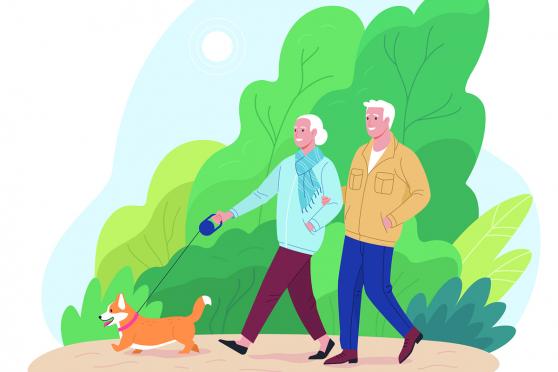Could you have PTSD and not know it?
Unlike visible wounds, post-traumatic stress disorder (PTSD) involves battlefield experiences and other unseen traumas that have a lasting impact on the psychological and emotional health of those living with it. Anxiety, depression, and suicidal thoughts are part of this spectrum.

Unlike visible wounds, post-traumatic stress disorder (PTSD) involves battlefield experiences and other unseen traumas that have a lasting impact on the psychological and emotional health of those living with it. Anxiety, depression, and suicidal thoughts are part of this spectrum.
While some PTSD symptoms can start within weeks of a traumatic event, they can also take years to show up. So even if decades have passed since a traumatic experience, you or a loved one could be feeling the effects for the first time. Here are a few key PTSD symptoms that could sneak up on you:
- You find yourself reliving the traumatic event.
- You make an effort to avoid people or places that bring the traumatic event to mind.
- You have feelings of guilt about the traumatic event.
- You have trouble relaxing.
Understanding LOSS
PTSD affects veterans as well as survivors of sexual assault, serious accidents, natural disasters, and other traumatic events. And sometimes those memories get worse as time goes on. When symptoms are amplified over time, a phenomenon can take place known as late-onset stress symptomatology, or LOSS.
Support for managing PTSD or LOSS can come in many forms, including:
- Talking to someone who has had similar experiences
- Spending time on activities that are safe and comfortable, like volunteering
- Finding a support group
- Telling family and friends about both PTSD and LOSS
- Talking to a doctor



